Winding my way up the steep and slippery marble steps, I approach the summit. The ancient imposing structure is just ahead. But I hardly notice. Instead, I spy a smaller, more inviting columned building to my left that captures my attention and captivates my imagination.
I stand on the Acropolis, the hill that towers over Athens, Greece, where the iconic Parthenon has stood for millennia. Yet, the smaller temple called the Erechtheion is where I focus both my eyes and my camera lens. On the southern portion of this temple stands an ancient porch, the roof of which is supported by the most exquisite marble statues. Their braided hair and flowing gowns, carved so delicately and life-like, exude strength and fortitude.
Caryatids (pronounced “keh-ree-ah-tids” with the accent on the “ah”) denotes supporting columns that are in the shape of young women. This ensemble of six statues has graced the porch of the Erechtheion since 406BC. They have stood regally throughout time, turbulence, and forces that would have destroyed them. They are majestic, yet they are not royalty. They are stone, yet they are graceful. They are strong, yet they are burdened under the weight they carry. I stand mesmerized.
Legend has it that during the second Persian War in 480BC between the Persians and the Greeks, the Greek city of Caryae sided with the Persians. In addition, King Xerxes I of Persia (the same one in the Bible’s Book of Esther) received intel from a Caryae resident which proved pivotal in the Battle of Thermopylae, causing Greece to lose the battle. For their treachery, the men of Caryae were killed by their fellow Greeks and the town’s women were carried off into exile and forced to do hard labor.
My eyes continually sought the Caryatids throughout my time on the Acropolis. I wondered who they were and what was their story. Were they as majestic as they appeared or were they simply defiant? Did the weight on top of their heads represent the burdens they carried in life under difficult slave work? Were they to be admired for their beauty and strength or vilified for collaborating with the enemy? Or were they merely to be pitied for being caught up in the politics of the day?
I cannot help but wonder how I would feel if I had been in their shoes. To see my kinsmen murdered and to be carried off into slavery is difficult to even contemplate. To feel the weight of the injustice of it all would be too much to bear. Yet, many people today carry the burdens of injustice on their shoulders due to oppression, discrimination, and modern-day slavery. Do we even see them? Do we care? How can we take on their burdens and thus fulfill the law of love?
Memorialized in marble, this story of the maidens of Caryae has stood the test of time. Our response to injustice is a story not yet etched in stone. How will this story be memorialized in history? Only time will tell.
God, by bearing another’s burdens, I fulfill the law of Christ, that is, the law of love. Your commandments are to love You and to love people. By showing love, not judgment, I am better equipped to sympathize, empathize, and even grieve the burdens that weigh others’ down. May taking on another’s burden in love motivate me to work to eradicate their burden and dismantle the systems of injustice that created it. Amen.
NOTE: While Greece lost the Battle of Thermopylae, they ultimately won the war. Persia was defeated. Greece would move forward during a period of development that would mark the start of Western civilization. Today the Caryatids at the Erechtheion are well-made replicas. The original statues were moved to the Acropolis Museum in Athens to protect them from the elements. One statue, though, is missing from this museum; it was taken from the Erechtheion in 1802 by Lord Elgin, the British ambassador to the Ottoman Empire, and is currently on display at the British Museum, London. The Acropolis Museum holds an empty spot in hopes of its imminent return.
Text and photographs copyright © 2023 by Dawn Dailey. All rights reserved. Photo of the Erechtheion with its porch supported by the Caryatids, at the Acropolis, Athens, Greece.
Not a subscriber to the monthly blog posts? Click here to subscribe.
A NOTE ON SOCIAL JUSTICE:
Jesus says the greatest commandments are to love God and to love people (Matthew 22:37-40). The Christian faith boils down to these two precepts.
Social justice puts that love into action by helping individuals who are oppressed, mistreated, or suffering, and by pursuing ways to dismantle systems of oppression. How we treat others, particularly those less powerful in society than ourselves, matters (Matthew 25:31-46).
Racial justice is one aspect of social justice. Check out my web page on “Justice Matters” to find resources and to connect with organizations engaging in the cause of racial justice. Click here to learn more.
All scripture quotations, unless otherwise indicated, are taken from the Holy Bible, New International Version®, NIV®. Copyright ©1973, 1978, 1984, 2011 by Biblica, Inc.™ Used by permission of Zondervan. All rights reserved worldwide. www.zondervan.com The “NIV” and “New International Version” are trademarks registered in the United States Patent and Trademark Office by Biblica, Inc.™
The Caryatids at the porch of the Erechtheion, Athens, Greece:
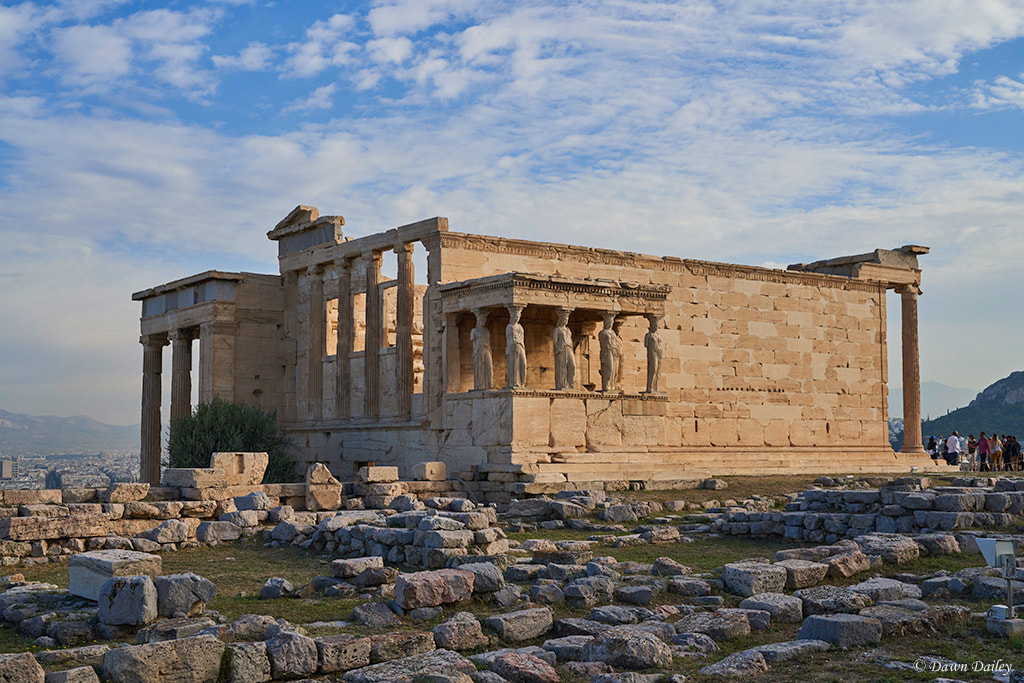
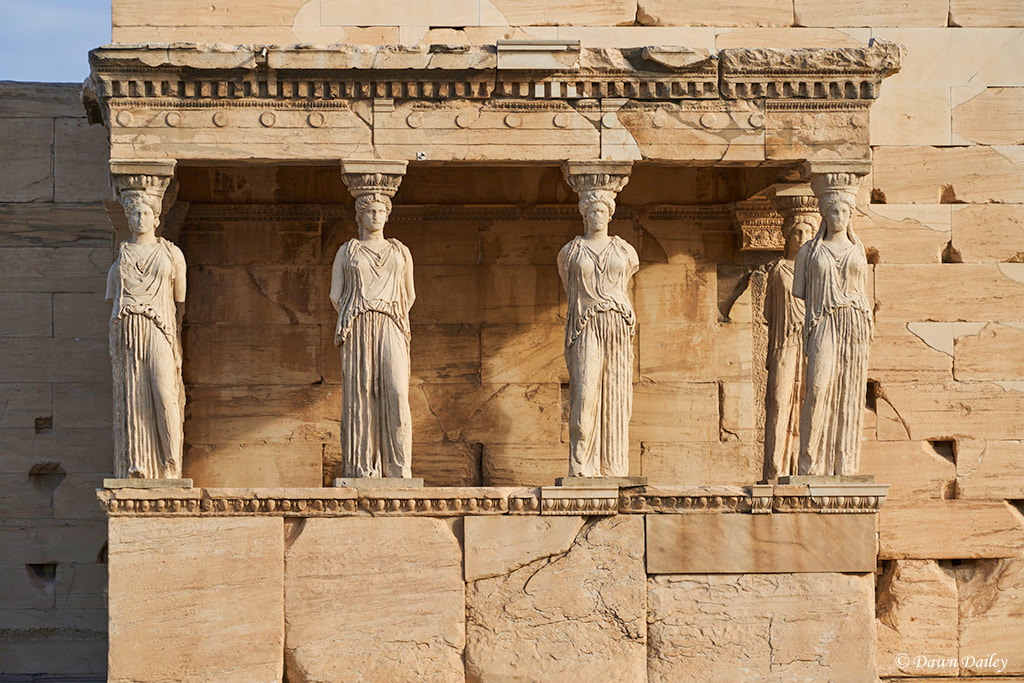
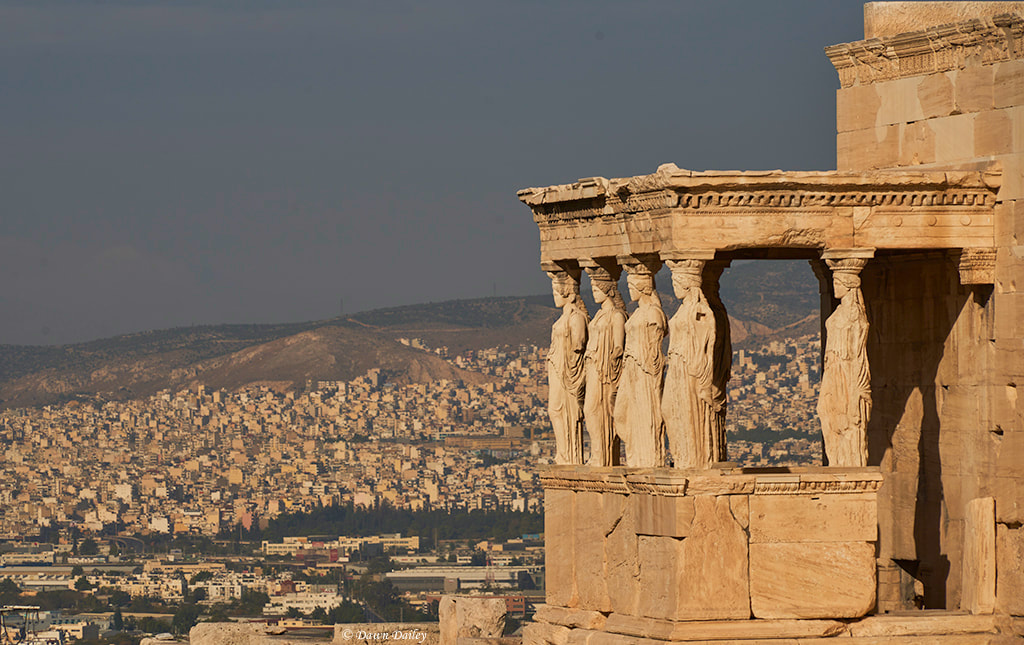





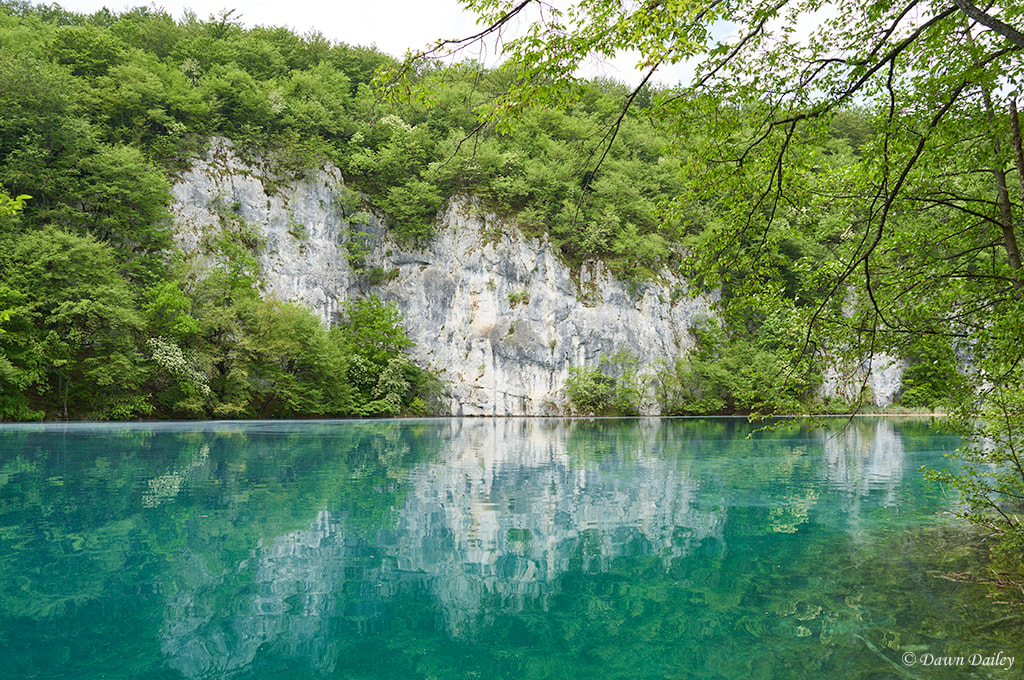
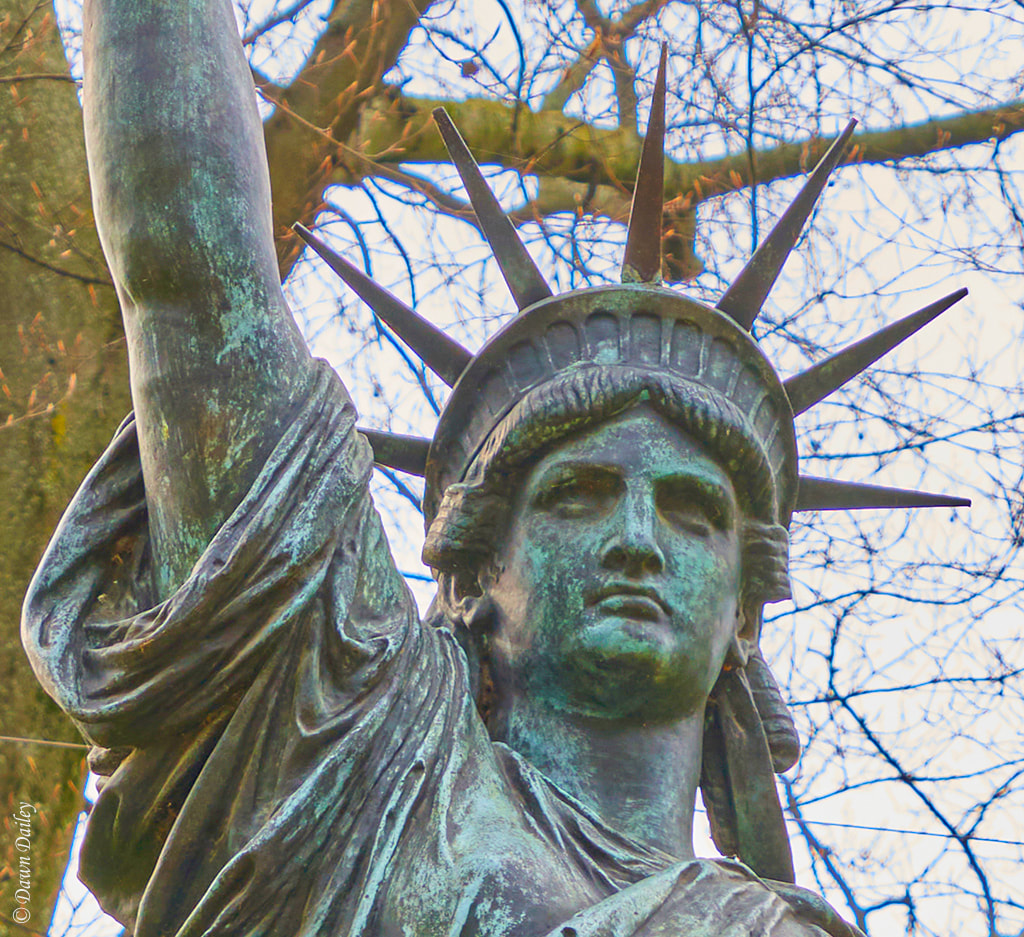
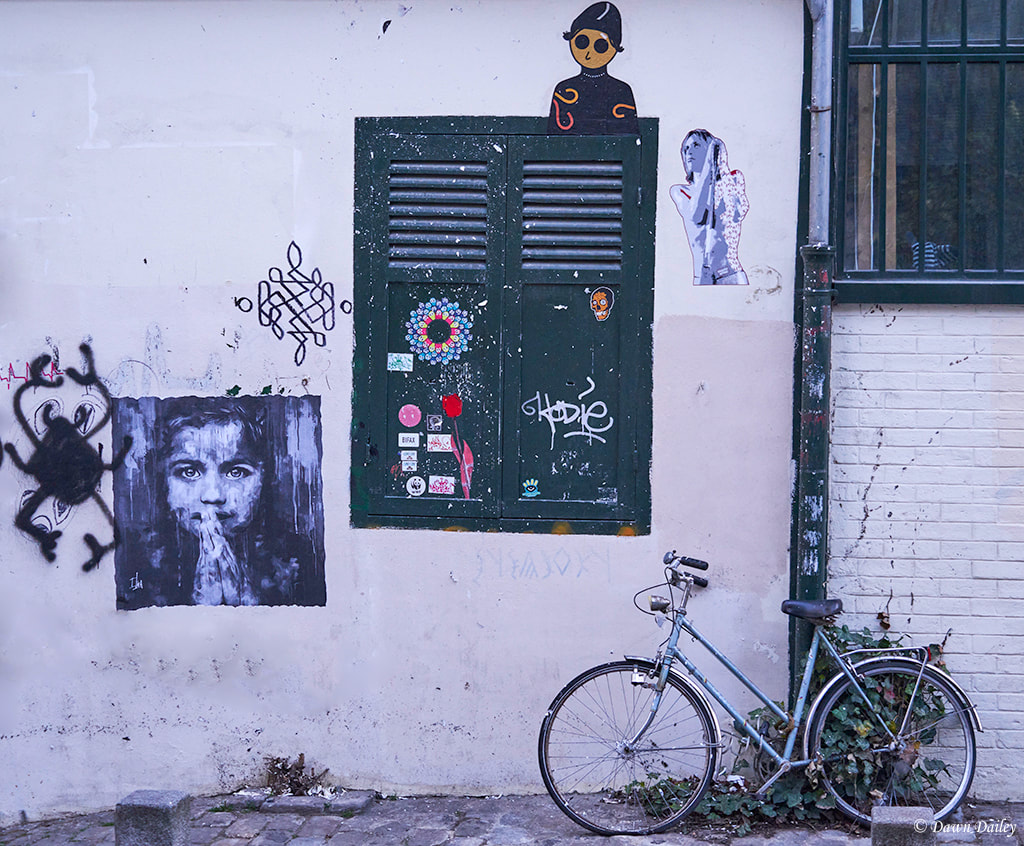
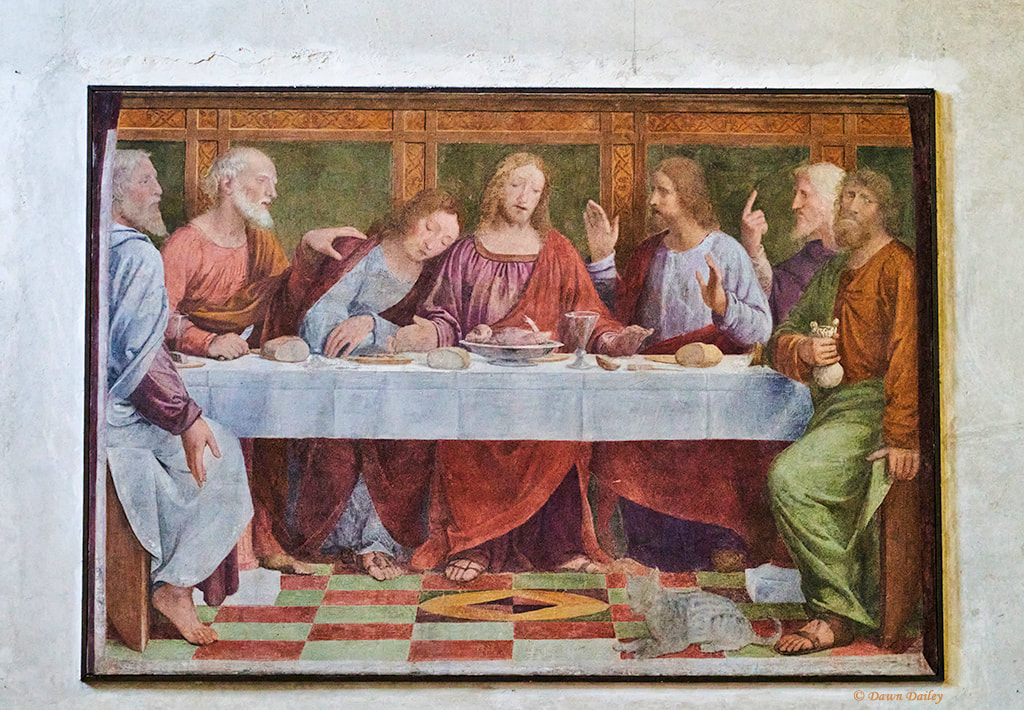
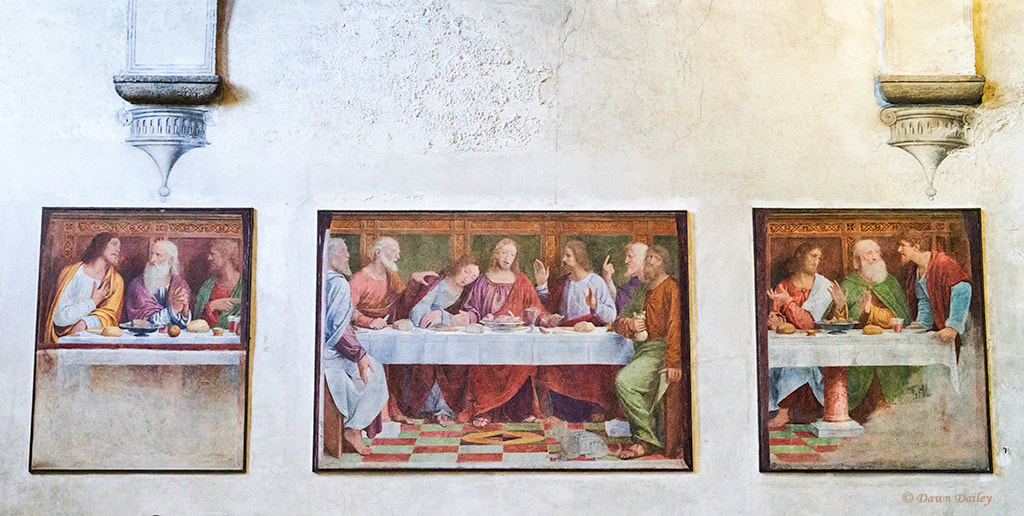

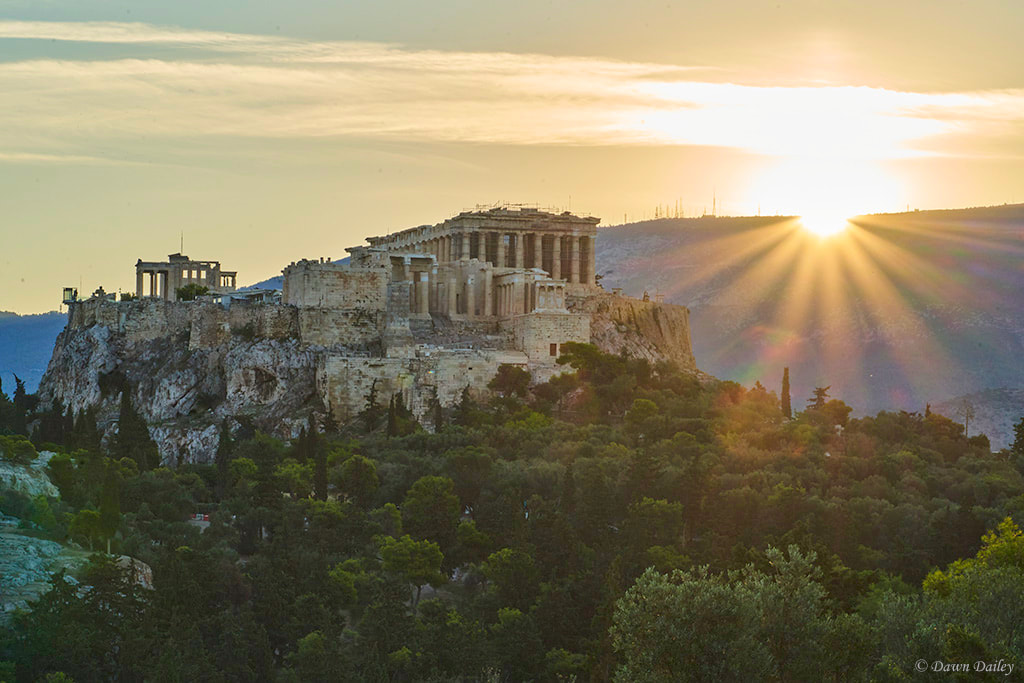
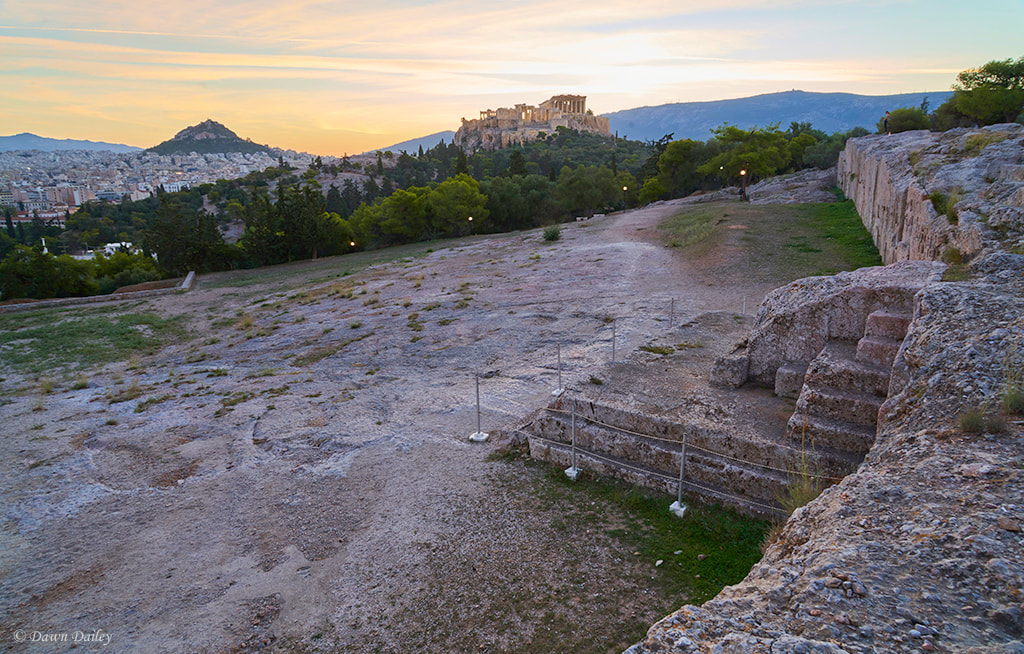
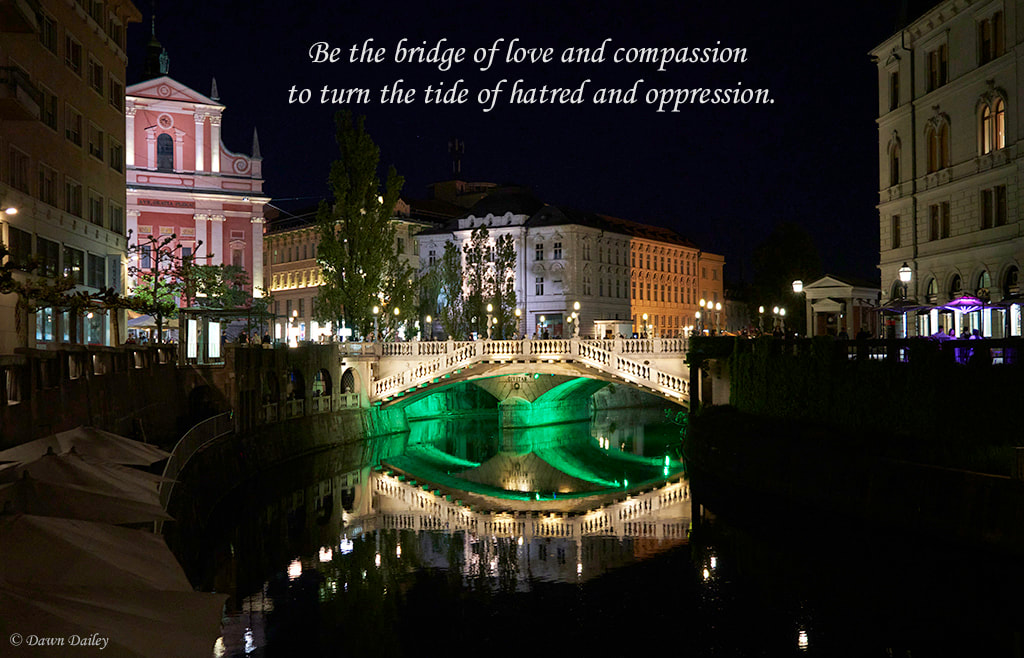
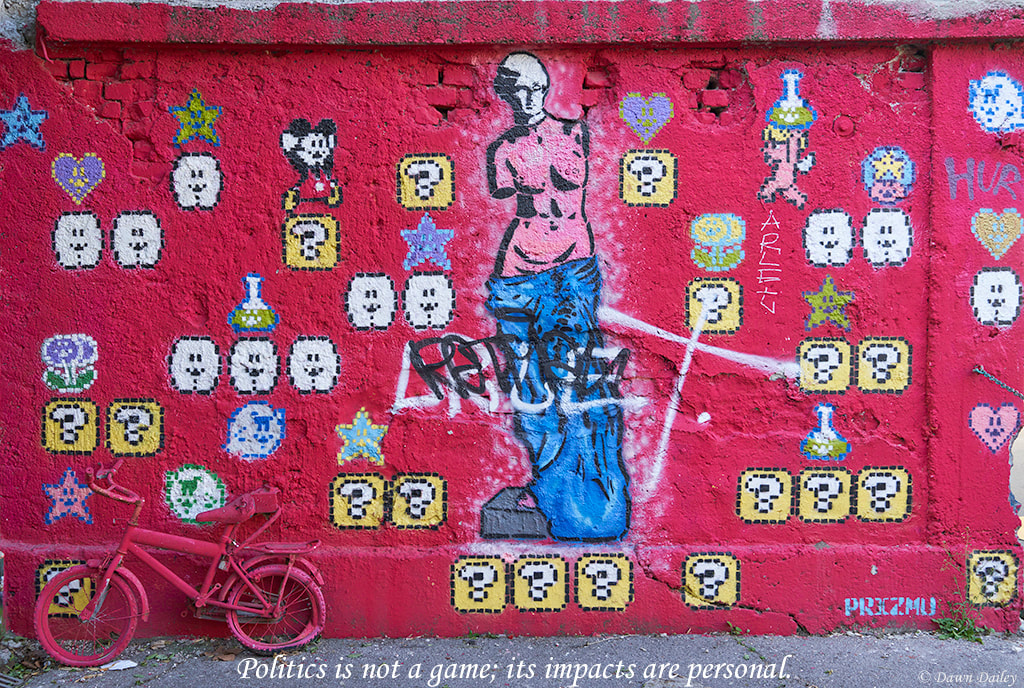
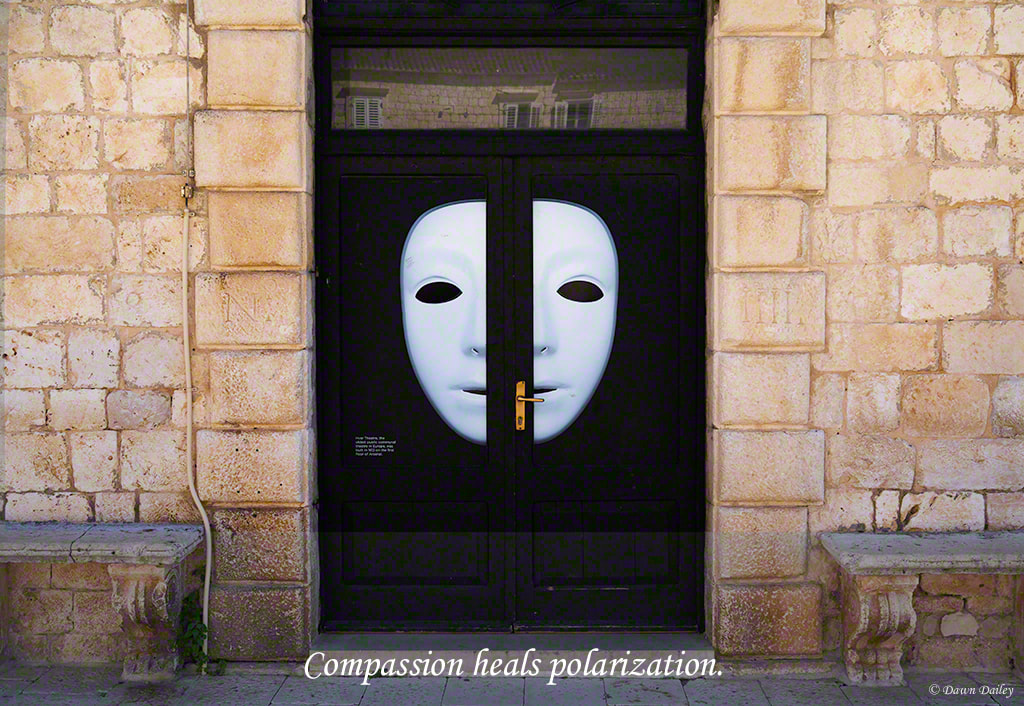
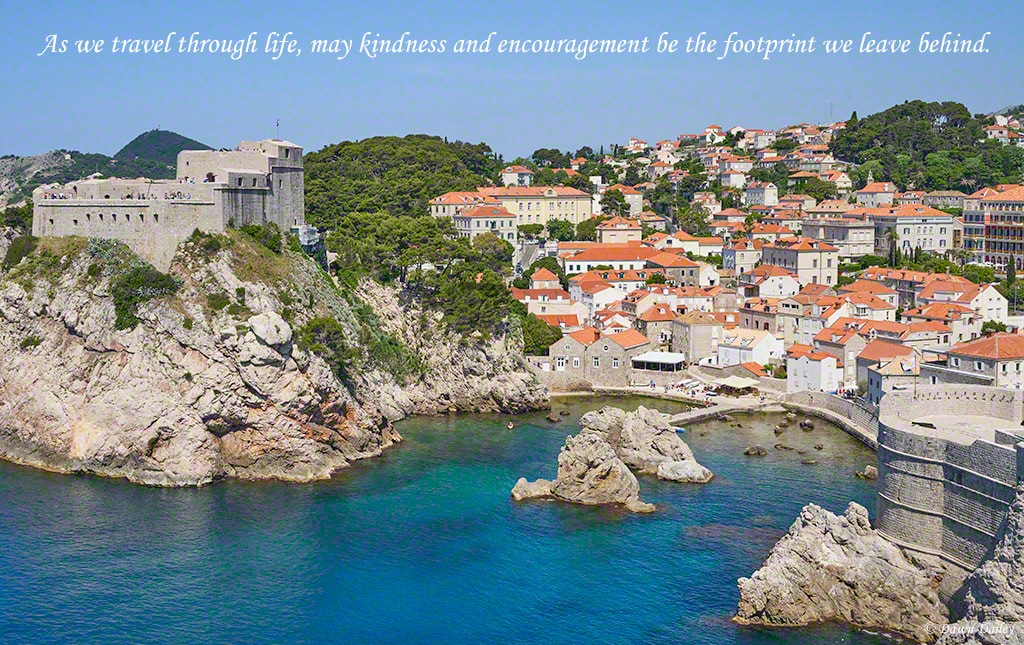
 RSS Feed
RSS Feed